|
Maroun Bagdadi's Out of Life is a searing evocation on the Lebanese civil war that manages to deliver a stirring message about the intrinsic inequalities of both individual and collective autonomy through its contextualization of identity in an increasingly transnational world. Out of Life is a harrowing ordeal that will surely linger in my mind long after the initial experience, and perhaps a major component of this film is merely creating a platform to educate the outside world through cinema to the complexities and horrors of the Lebanese Civil War. From the onset, immersion into this spatial reality of a war-torn Lebanon is Bagdadi's primary focus, showing no reservations in regards to providing a true glimpse into the abject depravity of human conflict. Subtle in its thematic intentions, at least in the beginning, the film's chaotic structure aims to confuse and restrict the viewer's understanding of the narrative events. It's an effective strategy, one which entices the viewer to seek understanding while simultaneously recognizing the sheer complexities of the conflict. The film's raw depiction and formal arrangements associated with elucidating the labyrinths and entanglements of the civil war are exceptionally rendered. There is a repetition between interiority and exteriority: Restrictive interiors of darkness and solitude of our vessel (a kidnapped french war photographer) are beautifully juxtaposed with exteriors that offer a glimpse of social normalcy, ones which often include the Lebonese freedom-fighters in familial arrangements. it's a constant reminder of their humanity, and the pov of this story being from the perspective of the kidnapped not kidnappers. Intentionally indecipherable narratively for much of its runtime, Out of the Life intentionally eschews any notion of stability or perspective of authority, a narrative device but also one of allegory in exhibiting the milieu of the civil war itself. In the film's denouement, Out of Life comes into piercing focus. For our main protagonist - the french war photographer - he has returned to normalcy but for those back in Lebanon, there is no such return, their lives are in a perpetual state of violence that is inescapable and deeply tragic.
0 Comments
As someone who has always had a natural proclivity towards watching any end-of-the-world disaster film put in front of him, I'm happy to report that Ric Roman Waugh's Greenland did not disappoint. It's one of the better efforts I've seen in recent memory, featuring a ground-up approach to storytelling that is economically advantageous but also extremely effective at evoking the necessary tension, unease, and uncertainty that makes the better efforts in the subgenre enjoyable. Most films of this ilk aim to provide context from a top-down approach, with governmental authorities routinely being a major character among the ensemble to better contextualize the threat. The character device is meant to exhibit an aura of insurmountability through association with authority. Well, Greenland rejects this idea, building its entire story around everyday citizens who navigate the chaos in an attempt to survive. The best and worst aspects of humanity are both portrayed throughout its narrative. Not all the moments work, per se, but Greenland has one scene particularly that was quite shocking in its effectiveness at illustrating that violence towards others is always a choice. Formally, the use of handheld feels substantive due to it being tethered to the film's on-the-ground notions of storytelling, effectively evoking an immersive experience while never feeling deployed for no reason outside of cheap theatrics. Greenland is a personal journey of one family as it attempts to survive. It's economically made, self-contained, and a welcome entry in this subgenre
A balancing act of tone that lulls one to sleep with a heightened conception and sharp comedic sensibilities before delivering a surprisingly cathartic investigation of self-pity. Evan Morgan's The Kid Detective navigates pop-pastiche and noir-sensibilities to perfection, being the perfect vehicle for Adam Brody's unique strengths as an actor which essentially amounts to a concoction of droll wit and cynicism that can be downright infectious when deployed correctly. As you may already expect, The Kid Detective does deploy Brody correctly, and the dynamics between his stunted, late 20s character and that of the teenage girl that takes up his services really keeps this film moving. The film's pacing is never disrupted by its proclivities towards humor, playing its detective story completely straight while never becoming too self-serious until its potent finale. It's frankly, quite remarkable how this film works on nearly every level. The mystery narrative pays off with a piercing finale that is quite a stark juxtaposition with the film's overall temperament, though it completely works when viewed through the lens of its central protagonist - a man who needs to find a way out of his own morose stagnation.
An astute dissemination of social-economic stasis purveyed through an omnidirectional approach, Nobuhiro Yamashita's The Drudgery Train is an empathetic portrait of a distraught man in Kanta who attempts to navigate the impasse between adolescence and adulthood. Audacious with consistent purpose, and brimming with complexity and earnestness, The Drudgery Train illuminates the distinct and diverse entanglements of identity and self-worth, viewing them through a balanced approach in which the film systematically eviscerates the false binary between social and personal constructions of identity. Distinct in the way it balances its larger social-economic undertones with a framework that manages to always be attuned to its complex, central characterization, The Drudgery Train is an extremely well-balanced film of emotional resonance and intellectual investigation. Assured yet ripe with spontaneity, The Drudgery Train is an extremely compelling portrait of a young man who was disadvantaged at a young age by the system. He struggles to adapt and grasp the opportunities that present themselves. He struggles to find companionship - platonic or romantic. It's a film that borders on tragedy, yet offers so many little wonderful moments of potential, delivering a painfully honest yet never judgemental portrait that I frankly was enamored by. The various social and economical entanglements that sculpt and mold identity are given credence, and yet, the film is never dismissive about the self-inflicted nature of Kanta's behavior, which at times becomes incredibly tragic due to this own combative mindset. Self-inflicted wounds and larger social conditions aren't viewed as disparate but homogeneous to Kanta's identity, and due to this fact the film's underlying subtext related to class relations and meritocracy just gain more resolve because of this film's varied characterizations and general investigations related to community, interpersonal relationships, and individualistic self-love.
Precise formal arrangements consistently evoke a sense of confinement and subjection. The stillness and general distance of the film's gaze perfectly enunciate the film's conceptional and thematic intentions revolving around femininity and the subjugation it faces in both secular and religious modules of living. Dea Kulumbegashivili's Beginning is a stunning debut feature, one that's formally precise and emotionally poignant, an alluring study in which coercion through asceticism is viewed through an omnidirectional approach
Eric Khoo is perhaps one of the most underappreciated contemporary filmmakers when it comes to expressively encapsulating modernity, transnational influence, and the externalities inflicted on the downtrodden and disenfranchised. Be With Me is perhaps his most explicit film in this regard, yet the relatively shapeless narrative structure provides extensive opportunities for his empathetic gaze to express the complexities of class in a time of transnational globalism in which often for many, survival remains an intrinsic part of day-to-day life. Disparate souls in a sea of uncertainty in which even the more subversive characterizations are viewed without judgment and granted the complexities of understanding they deserve. Singapore - "the gateway to Asia", an epicenter of transnational trade, is viewed not from above, but from below, in which the native population provides the contextualization necessary for Khoo's thematic intentions related to class. In the end, the empathy and respect Khoo gives to all of his characters, many of which would be considered fringe or outside of normative notions of society, is what makes this film so piercing, much like all of his early work. They are characters seeking some form of connection, some release from the daily tedium of life - after all, we all just seek this intangible notion of happiness that can fill the void of existence
Rosi's expansive, empathetic gaze exhibits the tranquil beauty of the natural world while slowly descending into the horrors brought and inflicted by man on a region and the reverberating trauma, displacement, and dissonance which have embedded themselves into the social fabric. A beautifully composed documentary feature, with Notturno, Gianfranco Rosi continues to show an uncanny ability to invoke intimacy thru expanse. Wide lenses immerse the viewer in the spatiality of which he documents, yet an astute eye is constantly repositioning itself through the use of tighter compositions that capture intimate, human moments that so effectively elicit the emotional response which the filmmaker is trying to achieve. In particular, juxtaposition serves Rosi well. The innocent face of a child interweaved with weapons of war. A tranquil lake enveloped by conflict in the distant horizon. These visual constructions are deployed to effectively craft a dichotomy between the day-to-day tedium and their larger spatiality, one which seems to consistently build with uncertainty and conflict. Rosi's films always feel calculated yet spontaneous - the oscillation between expansive and intimate compositions perhaps one of the keys to his cinematic language in which simple moments feel revelatory and expansive nature of existence is felt. While relatively free from the strictures of narrative, Notturno does employ a clever device to keep the film's intention pointed - A small stage play production by a group of locals provides a structural framework for the filmmaker's proclivities towards observational candor. Progressively dire about the denigration inflicted on the people of this region, Rosi's film is pointed yet observational - a haunting elegy for a people still caught in the prongs of instability, suppression, and violence.
A cinematic essay in which the observational eye and its technological-enabled extensions are deconstructed through an expansive conceptual framework. Theo Anthony's All Light Everywhere is a beautifully rendered evocation on the act of seeing which skillfully navigates the strictures of contemporary discourse to reveal an epistemological work on humanity's gradual progression away from knowing through experience towards one solely defined by the authority of technological-induced progress and projection. Never prescriptive yet consistently assured, All Light, Everywhere examines the tenuous relationship between the state and its citizenry, with knowing through artificial intelligence and algorithms fortifying institutional power structures that have long relied on the illusion of knowing through the power to maintain control. The technological induced surveillance state and its progressive dehumanizing modes of seeing are purveyed through a cinematic language that is highly precise in thematic intent yet infectiously inquisitive. Moments throughout this film's distinctive framework may feel tangential at first, yet they form a holistic thematic study, one in which the intimacy of ontology is erected against the backdrop of the surveillance state and the pervasive effects it has had on the social fabric of society.
Certainly ranks among one of the most dreadful action efforts I've seen in recent memory. Guns Akimbo is so assured in its facile attempts towards satire and yet it largely is a product of the same culture it critiques. Extremely vacuous, Gunks Akimbo is a blunt force instrument of a film that features no formal rhythm nor the acute directorial sense necessary to craft an immersive experience that simultaneously conforms to and critiques a culture that demands instant gratification. The action sequences are extremely banal as if the filmmakers thought their heightened premise and pop-pastiche kinetics would be enough, but ultimately what Guns Akimbo amounts to is a film in which the stakes are never felt in its dramatics, but perhaps more importantly in its action set-pieces, given the core intentions of this film. Like why would one ever bother with this crap when Neveldine & Taylor's Gamer exists.
Painfully self-assured in its humor despite the attempts at comedic relevancy missing far more than they hit. A laudable effort given its aggressive bouts of creativity in multiple facets of production - practical effects, gore, creature design, world-building - yet its attempts to be quirky and playful ultimately become grating and at times even disrupt the film's overall rhythm. Psycho Goreman is best appreciated as an extremely violent children's film. Rooted in child empowerment, I would have loved this film if I was 12 yrs old. Viewing the film in this context, Psycho Goreman becomes a more infectious endeavor, its vacuous bouts of humor more conducive to the sensibilities of a children's story in which macabre just happens to be a major component.
|
AuthorLove of all things cinema brought me here. Archives
June 2023
|
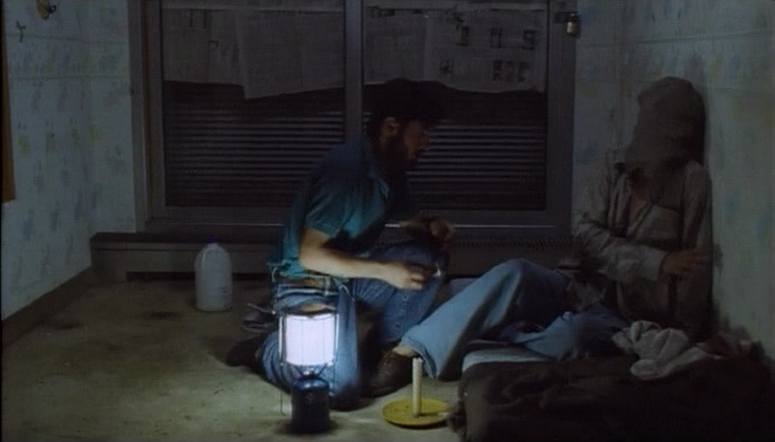
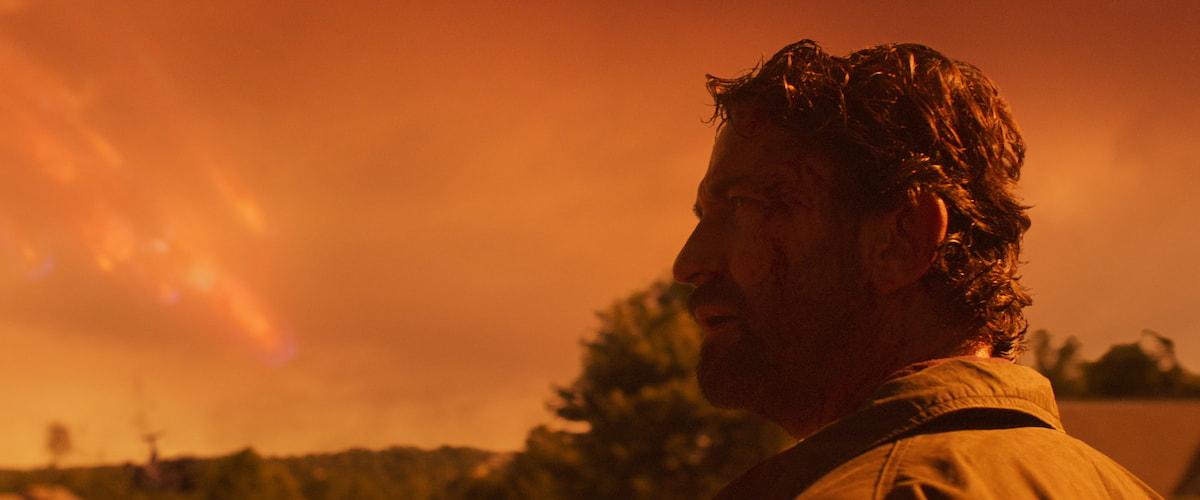
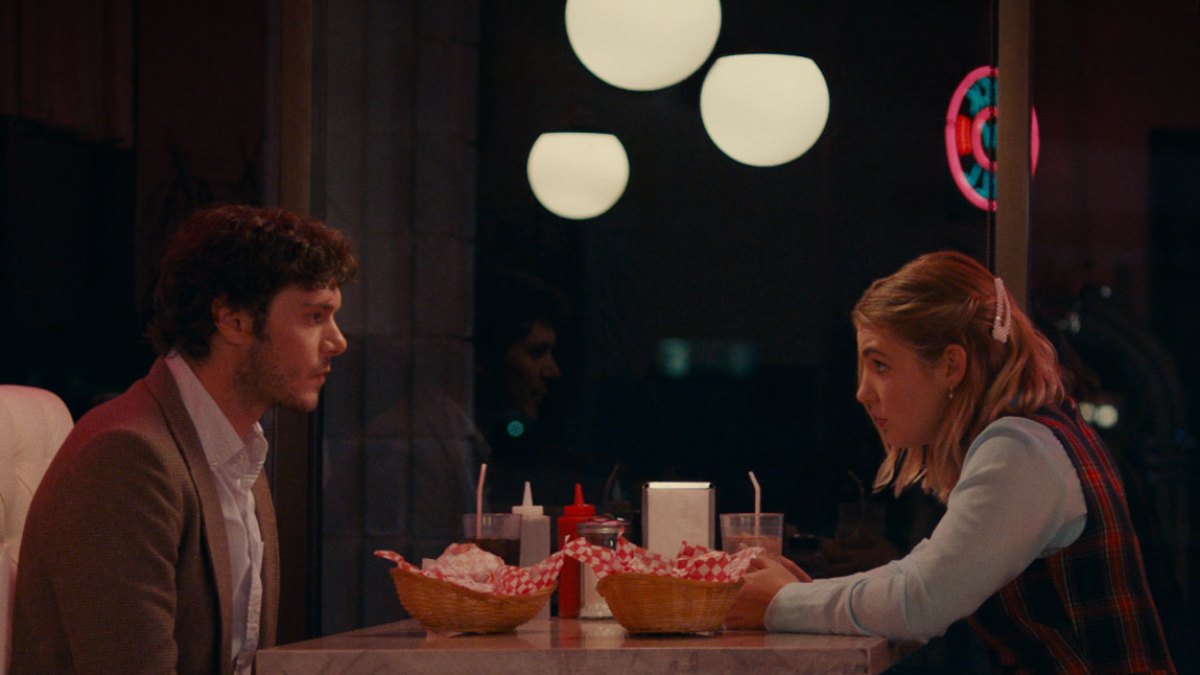
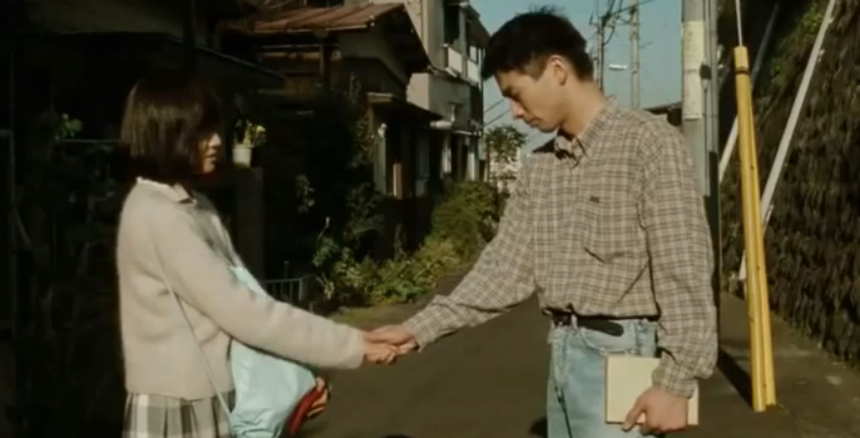
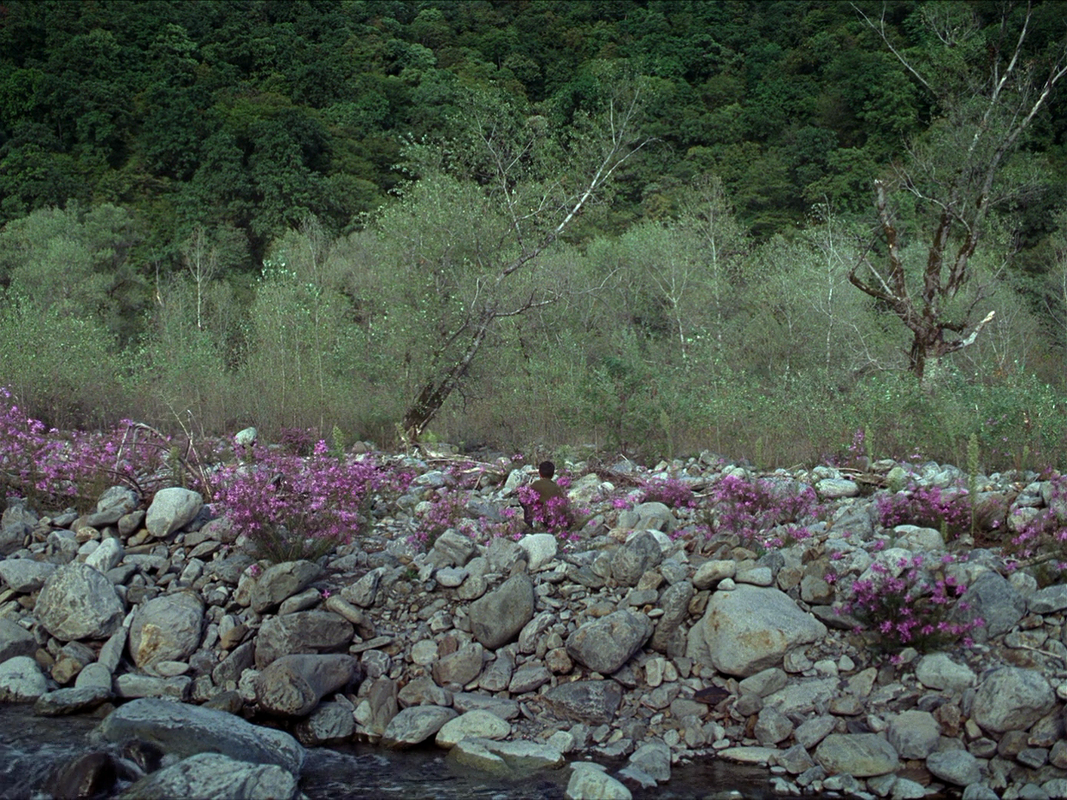
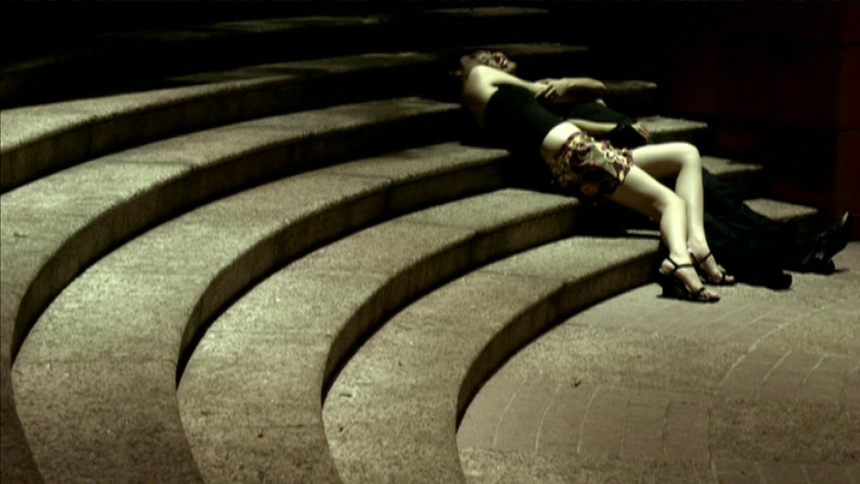
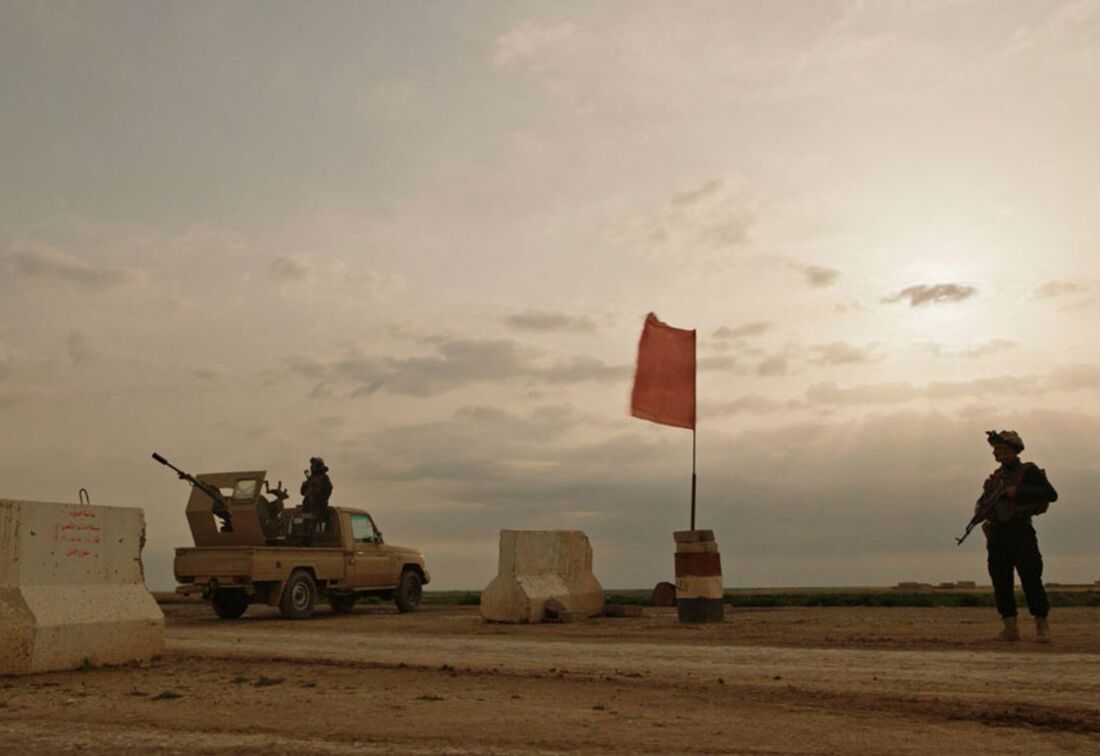

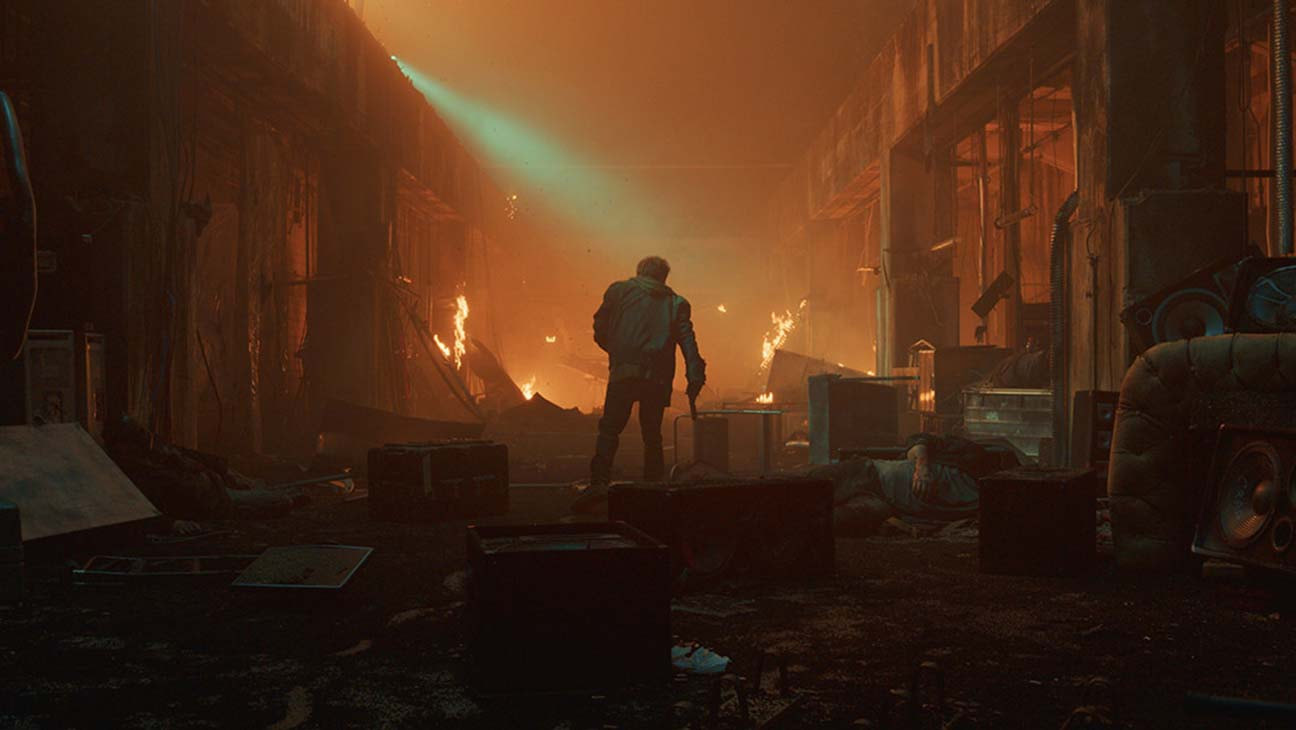

 RSS Feed
RSS Feed
